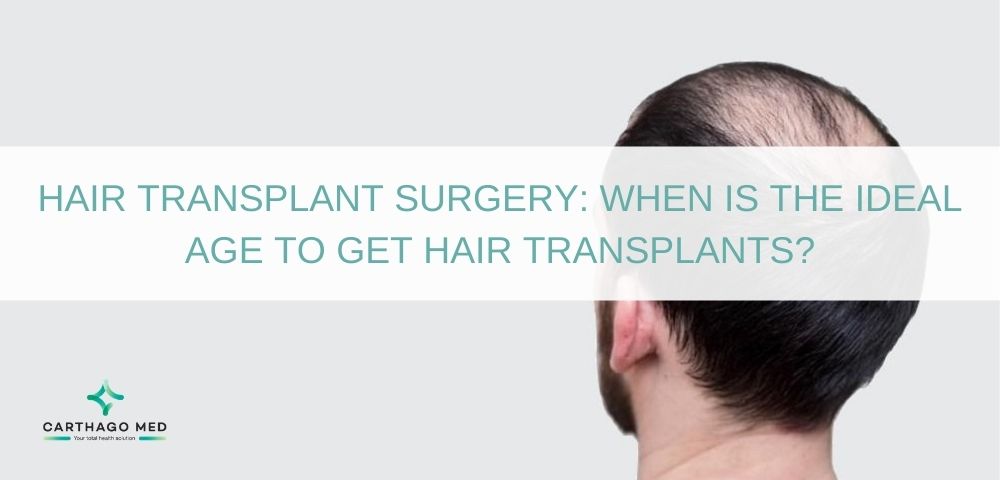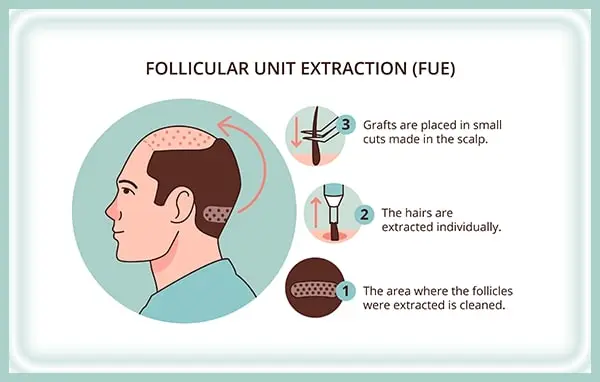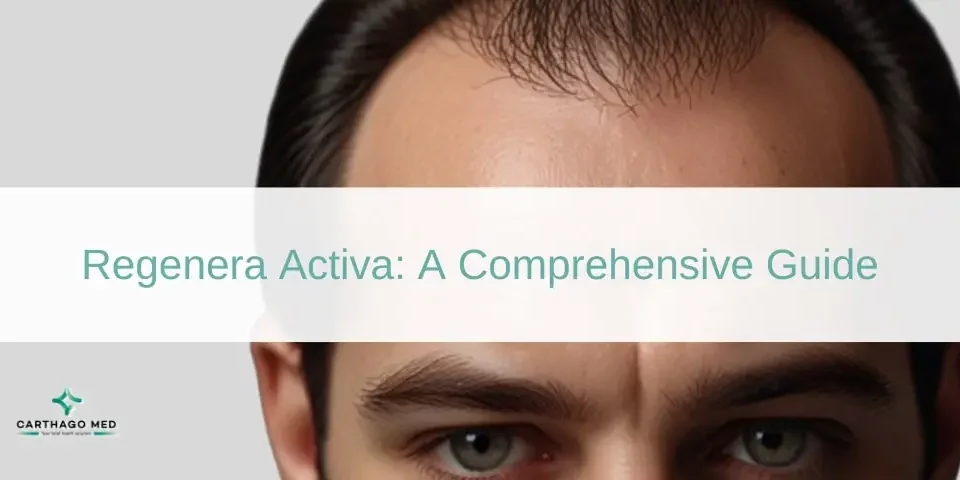
Hair transplant surgery: when is the ideal age to get hair transplants?
A significant number of men and women, even the youngest among them, suffer from baldness and hair loss.
This phenomenon can be embarrassing and presents a source of insecurity for many people; hence the reason why a growing number of young adults are undergoing hair transplant surgery.
What is this technique, and most importantly, starting from which age is it possible to undergo it?
Hair loss & baldness: are they a source of insecurity?
A lot of people do not feel embarrassed of their hair loss condition, while others are extremely bothered and feel insecure about it.
A number of solutions can be adopted by the people feeling bothered with their hair loss condition:
Non-surgical solutions may be the simple adoption of a healthy lifestyle or using products or medications that limit hair loss and baldness.
The surgical solution, which is the most efficient one, consists in undergoing a hair transplant surgery.
Hair transplantation is the ideal solution for hair loss and baldness in most cases. It also gives outstandingly natural results as it retrieves naturally-looking dense and thick hair and corrects baldness.
The principle of hair transplant surgery
Hair transplantation is a cosmetic surgical procedure, which treats baldness permanently, and gives thicker and natural-looking hair. The latter results are visible after the few months following implant placement.
The surgery needs to be underwent in a specialized medical centre and performed by highly competent doctors.
Hair transplant surgery is performed under local anaesthesia and may last for about 8 hours in total. The duration; however, depends on the number of hair follicles to transplant.
Hair transplant surgery consists of taking hair follicles from the back of the patient’s head and transplant them into the balding areas of the scalp.
Follicle units are generally transplanted in regions of the forehead (as it is most affected by baldness) and the tonsure. The transplantation happens one hair follicle at a time and hair regrowth is only visible after 3 months. The patient may enjoy the final results one year after their hair transplant surgery.
What is the minimum age for a hair transplant surgery?
Alopecia is a baldness or hair loss condition that affects both men and women regardless of age. It is therefore possible to undergo a hair transplant surgery at any age.
However, the patient has to be 18 years old at least before considering to get hair transplants. For younger patients, it is possible to consult a dermatologist and get treatments for hair loss depending on the causes and origins of their alopecia condition.

Can You Be Too Young to Get a Hair Transplant?
When considering hair transplant surgery, age is a significant factor. While there's no strict minimum age for undergoing a hair transplant, younger individuals are often advised to proceed with caution. This is because hair loss patterns are not fully established at a young age, making it difficult to predict future hair loss and plan for a successful transplant. Additionally, younger patients might have unrealistic expectations about the outcomes. Therefore, thorough consultations with a qualified specialist are essential to assess individual cases, ensuring that the timing and approach to the procedure are appropriate for long-term satisfaction and natural-looking results.
Can You Be Too Old to Get a Hair Transplant?
Age is an important consideration when it comes to hair transplant surgery, but being too old is rarely an absolute barrier. Generally, candidates in good health can undergo the procedure even into their seventies or beyond. The primary factors to consider are the individual's overall health, the quality and availability of donor hair, and realistic expectations about the results. Older patients should undergo thorough medical evaluations to ensure they can safely handle the surgery. With proper assessment and planning, age should not necessarily prevent someone from achieving satisfying and natural-looking outcomes from a hair transplant.
Is there an age limit for hair transplant surgery?
There is no age limit for hair transplant surgery, in theory.
Indeed, a growing number of patients aged between 50 and 60 years old request the surgery anywhere the world, and are truly satisfied with its results. It is however important that, regardless of age, the patient be in good health and present to contraindications to the surgery.
During the preliminary consultation, the doctor will be able to determine whether the patient is a good candidate for a hair transplant surgery.
What is the Best Hair Transplant Age?
When considering the ideal age for a hair transplant, it is generally observed that the optimal time is often between the ages of 30 and 40; by this stage, individuals experiencing androgenic alopecia typically have stable patterns of male pattern baldness. At this point, the progression of hair loss can be better understood, allowing specialists to provide natural-looking results that offer longevity and satisfaction for many years. Each person's hair loss journey is unique; some may find that their hair loss stabilizes at an earlier or later stage. Once future hair recession can be estimated, a skilled hair transplant surgeon can devise a natural hair transplant design that ensures an enduring and aesthetically pleasing appearance.









